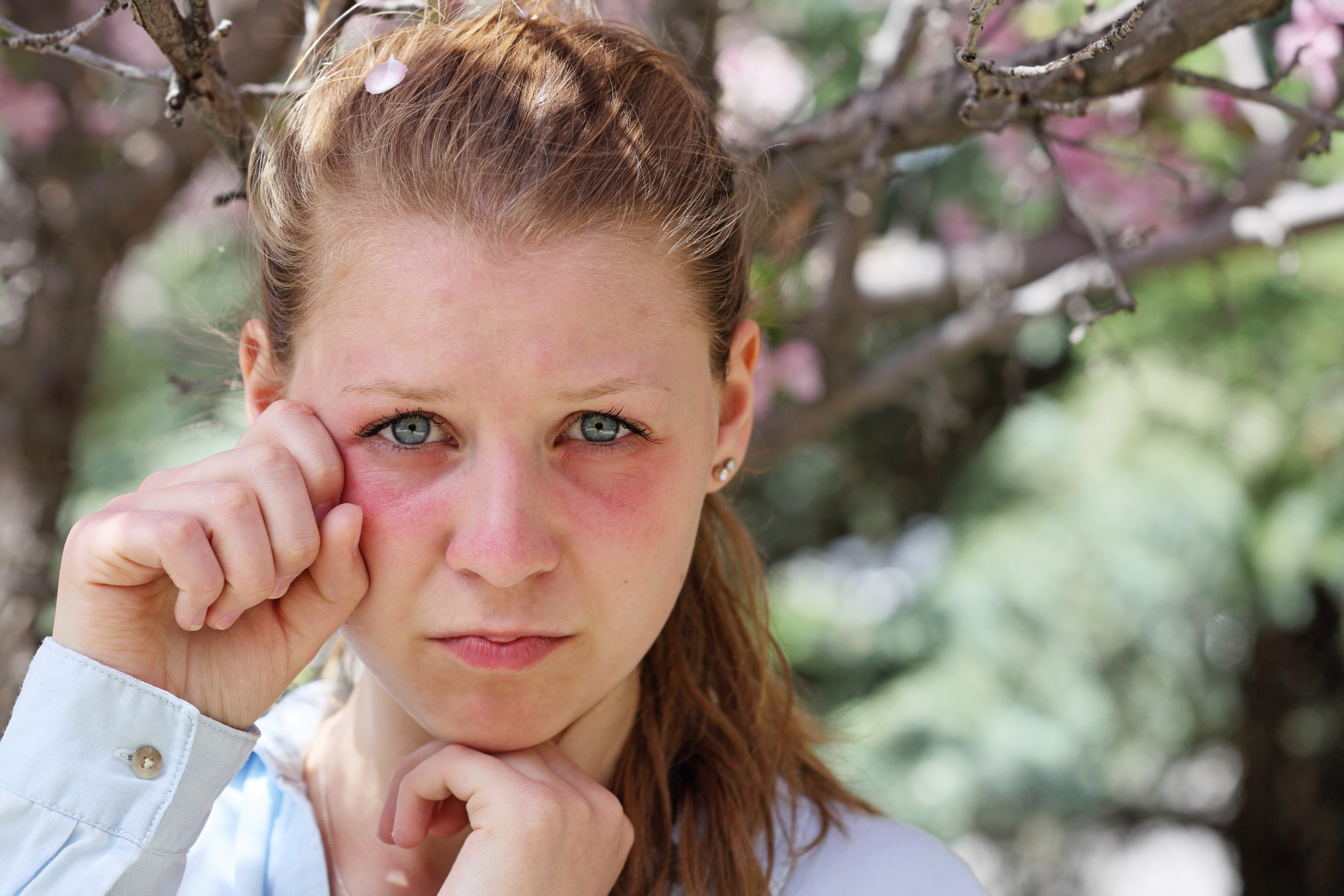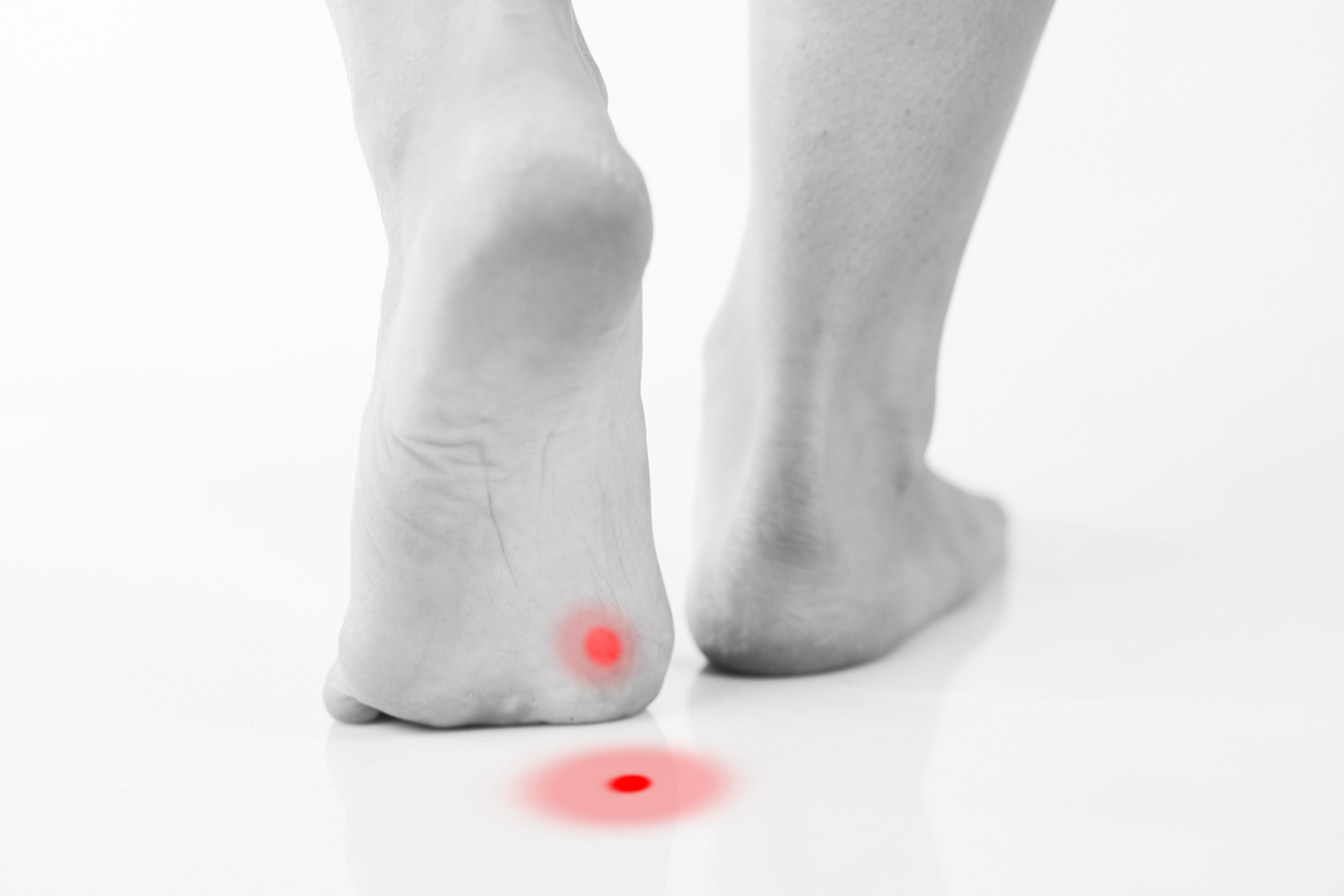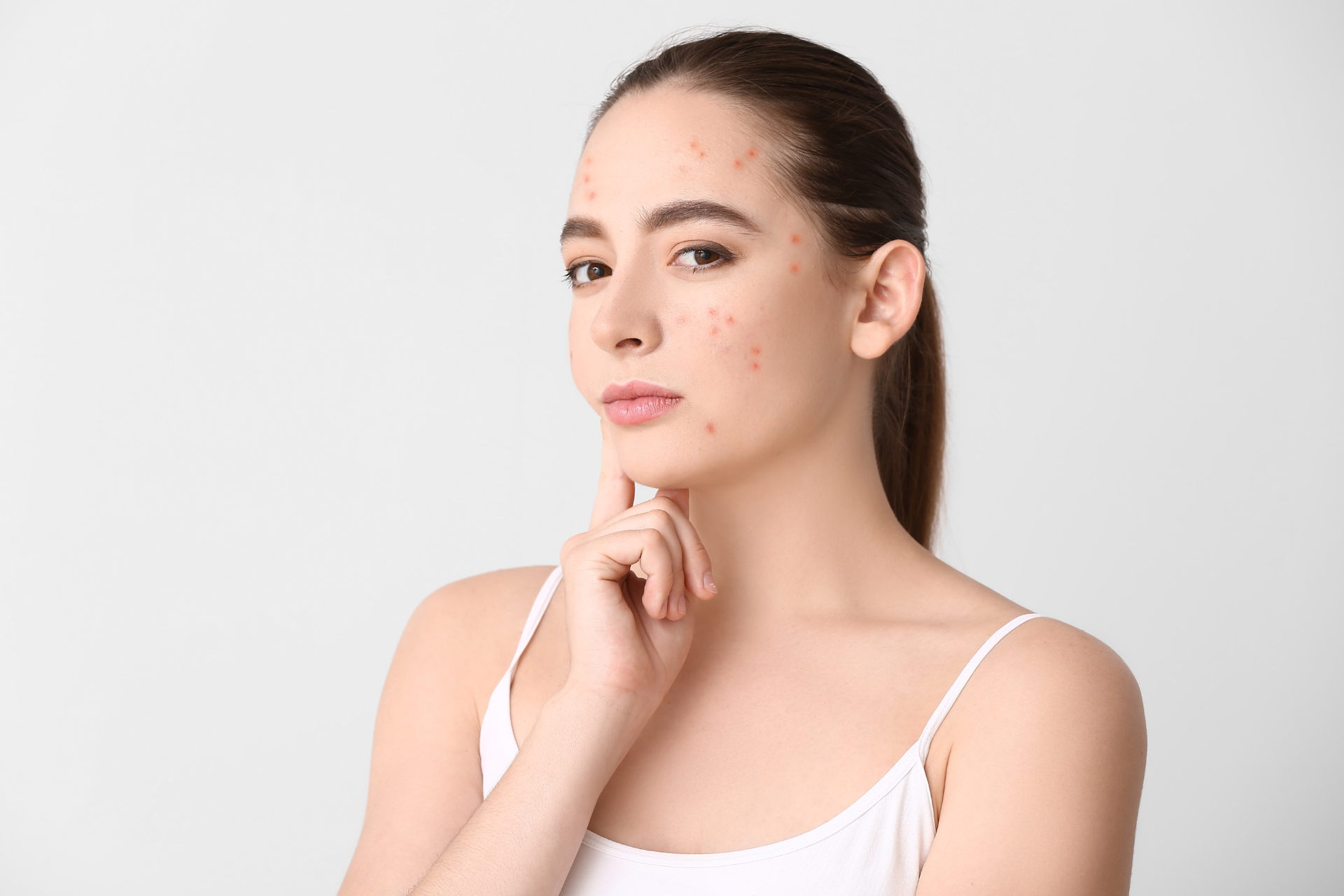Allergies 101: Common Allergies and How to Manage Them

At Fall Creek Skin and Health Clinic, we believe in equipping our patients with the knowledge they need to manage their health effectively. Allergies are a widespread concern affecting both children and adults, and understanding them can help improve your quality of life. In this post, we’ll explore common allergies, their symptoms, and how you can manage them.
Understanding Allergies
Allergies occur when the immune system overreacts to a substance (allergen) that is generally harmless. Common allergens include pollen, dust mites, pet dander, certain foods, and insect stings. The body’s response can vary significantly among individuals, leading to a range of symptoms.
Common Allergies
1. Seasonal Allergies (Hay Fever)
Often triggered by pollen from trees, grasses, and weeds, seasonal allergies can cause symptoms like sneezing, runny nose, itchy eyes, and fatigue. Many individuals experience these symptoms during specific seasons.
2. Food Allergies
Common food allergens include milk, eggs, peanuts, tree nuts, soy, wheat, fish, and shellfish. Reactions can be mild, causing hives or digestive issues, or severe, leading to anaphylaxis, a potentially life-threatening condition that requires immediate medical attention.
3. Dust Mite Allergies
Dust mites thrive in warm, humid environments, commonly found in bedding, upholstery, and carpets. Symptoms may include sneezing, runny/stuffy nose, and asthma-like symptoms.
4. Pet Allergies
Proteins found in a pet's skin cells, urine, and saliva can trigger responses in those with sensitivities. Symptoms often include sneezing, itchy eyes, and hives after exposure to pets.
5. Insect Sting Allergies
Some individuals can have severe reactions to insect stings, especially from bees, wasps, or fire ants, leading to symptoms that may include swelling, pain, and, in some cases, anaphylaxis.
Managing Allergies
Managing allergies requires a combination of avoidance strategies, medications, and, in some cases, immunotherapy. Here are effective approaches to manage common allergies:
- Avoidance
The best way to prevent allergic reactions is to avoid exposure to known allergens. For seasonal allergies, staying indoors during peak pollen times, using air purifiers, and keeping windows closed can help. For food allergies, careful label reading and avoiding cross-contact in food preparation are essential.
- Medications
Over-the-counter antihistamines, decongestants, and nasal corticosteroids can alleviate symptoms. Always consult with a health professional at Fall Creek Skin and Health Clinic to determine the best options for you.
- Immunotherapy
For individuals with severe allergies that do not respond to standard treatments, immunotherapy—through allergy shots or sublingual tablets—can gradually desensitize the immune system to specific allergens.
- Emergency Plan
For those at risk of severe reactions, having an emergency action plan and carrying an epinephrine auto-injector is crucial. Be sure to inform family members and friends about your allergies and how to respond in an emergency.
Conclusion
Allergies can have a significant impact on your daily life, but understanding and effectively managing them can help you lead a healthier, more comfortable life. At Fall Creek Skin and Health Clinic, we’re dedicated to helping you navigate your allergies with personalized care and practical solutions. If you suspect you have an allergy or need assistance in managing your symptoms, don’t hesitate to contact us today. Your health is our priority!




